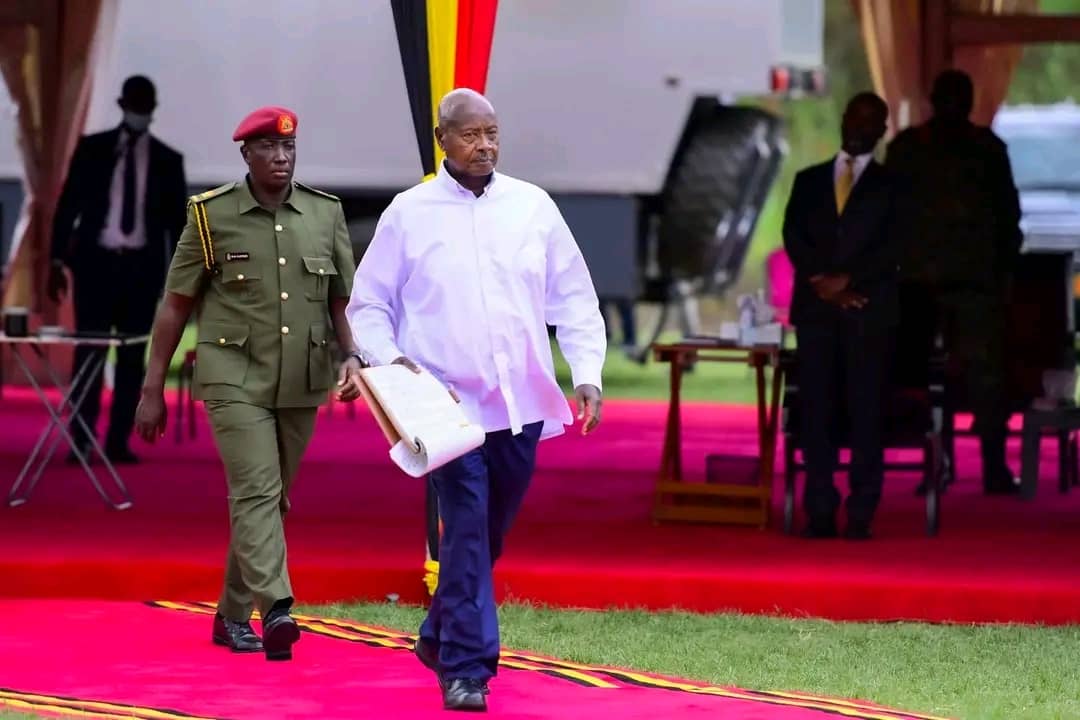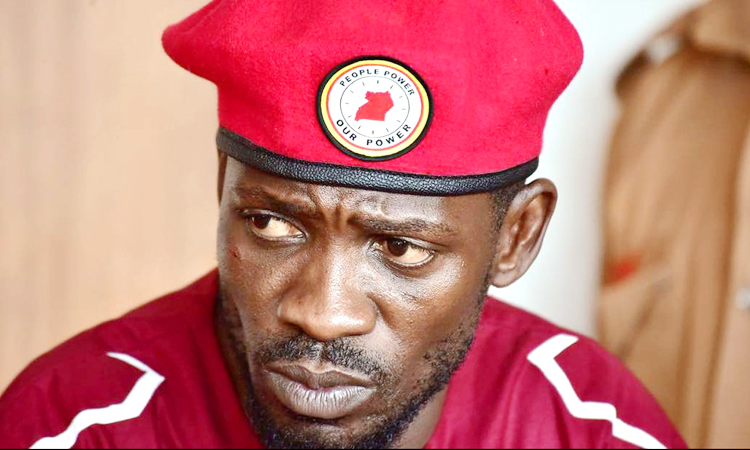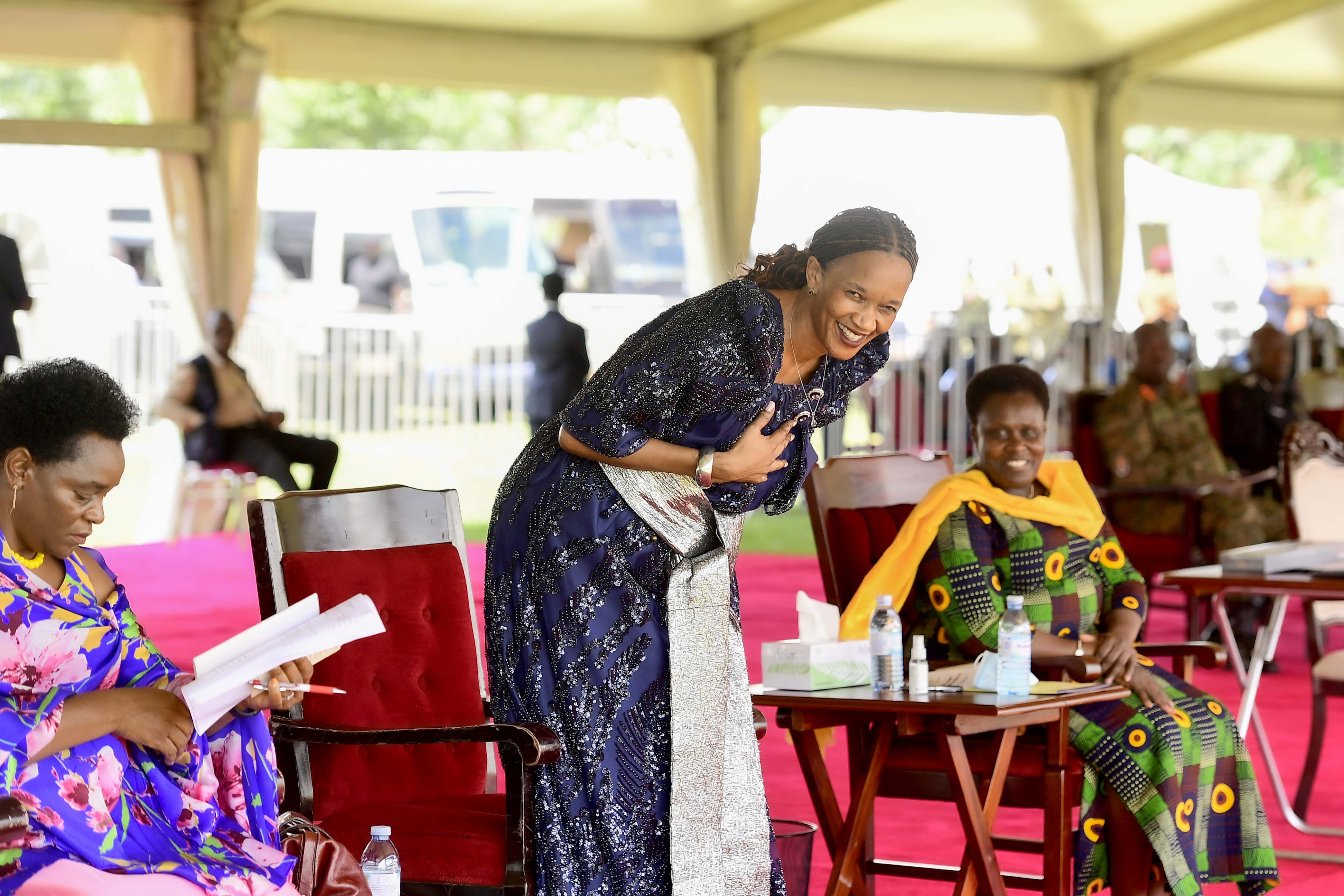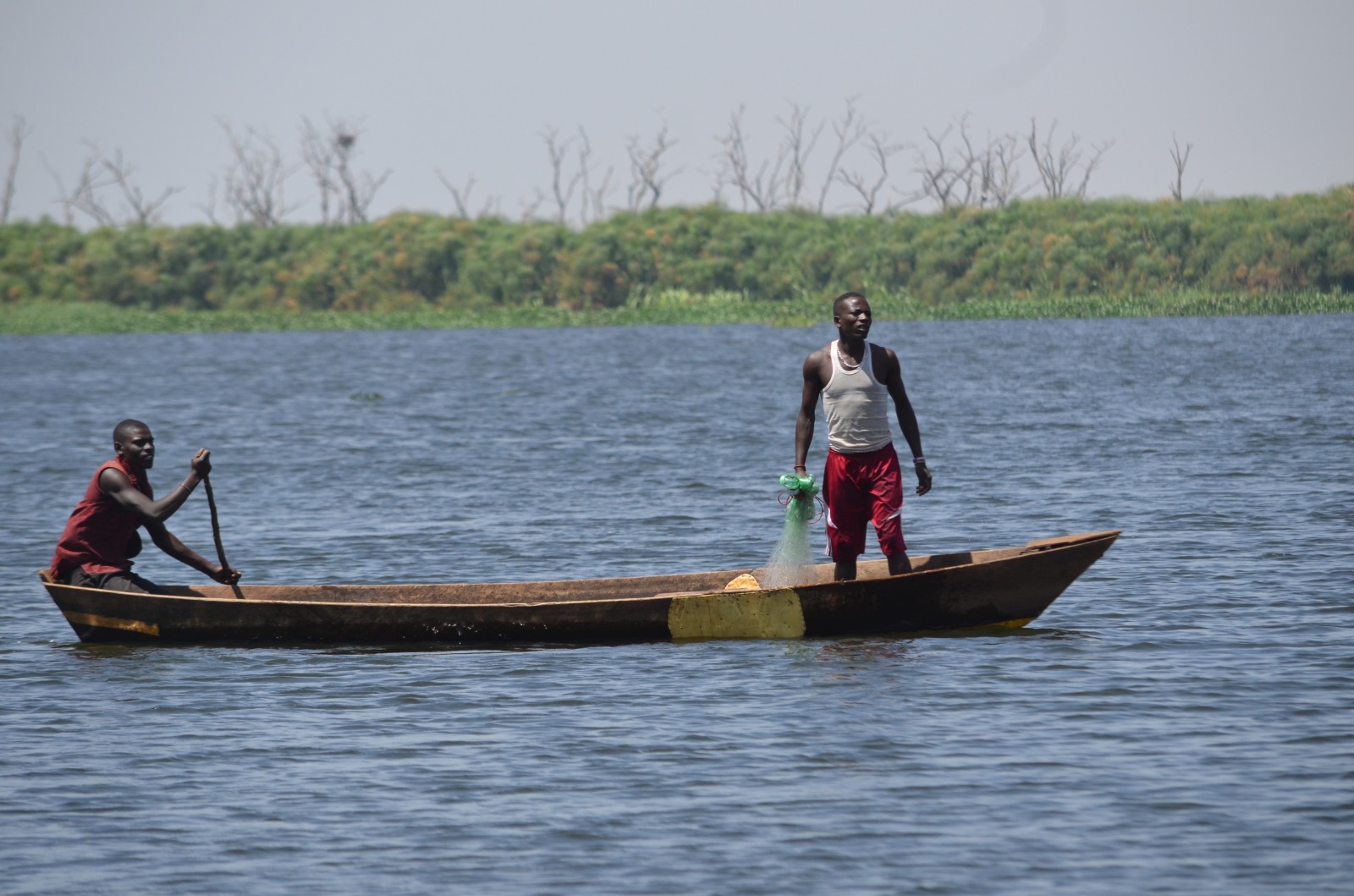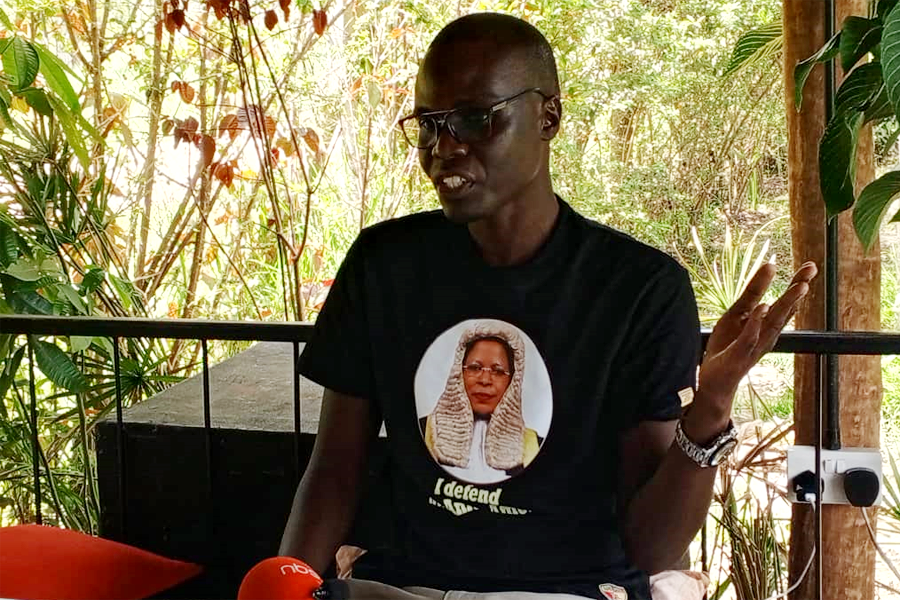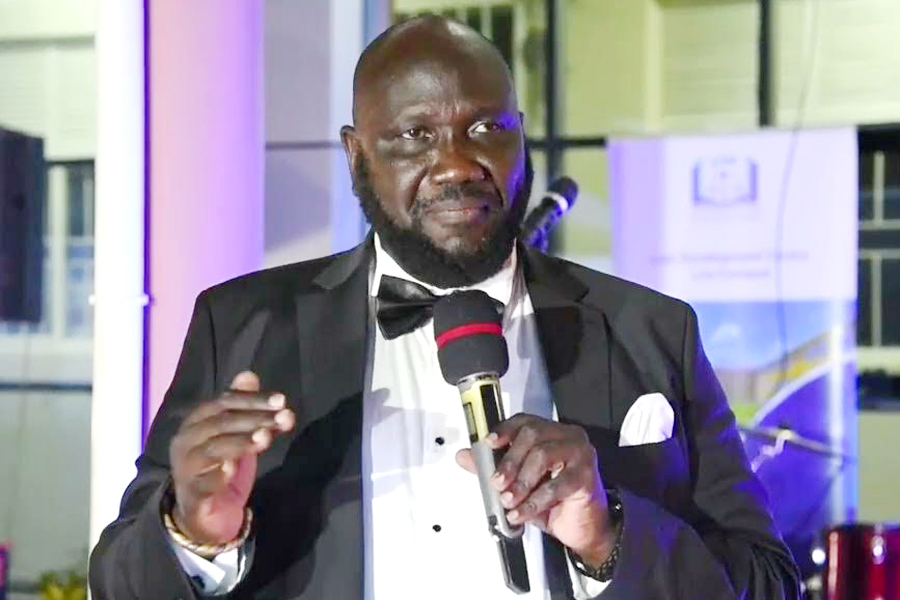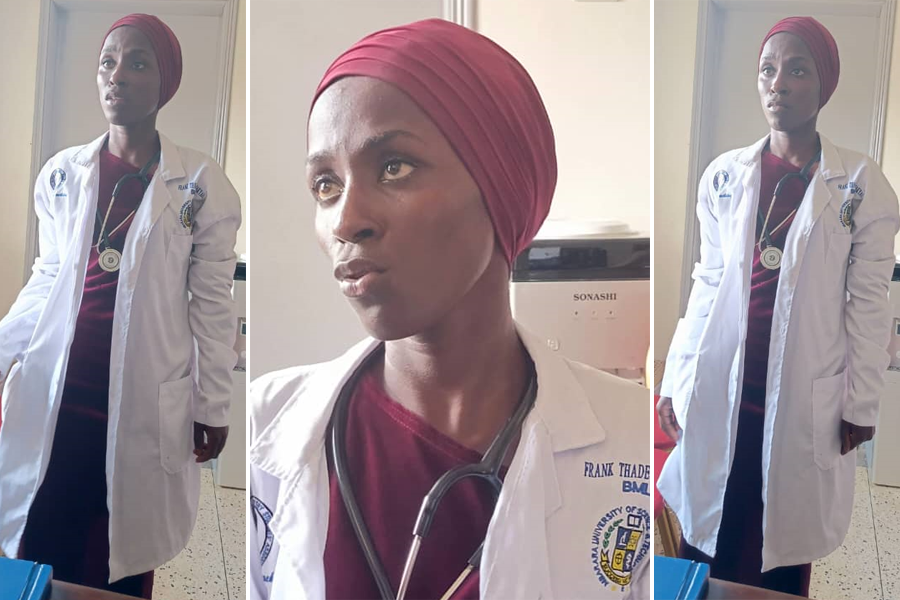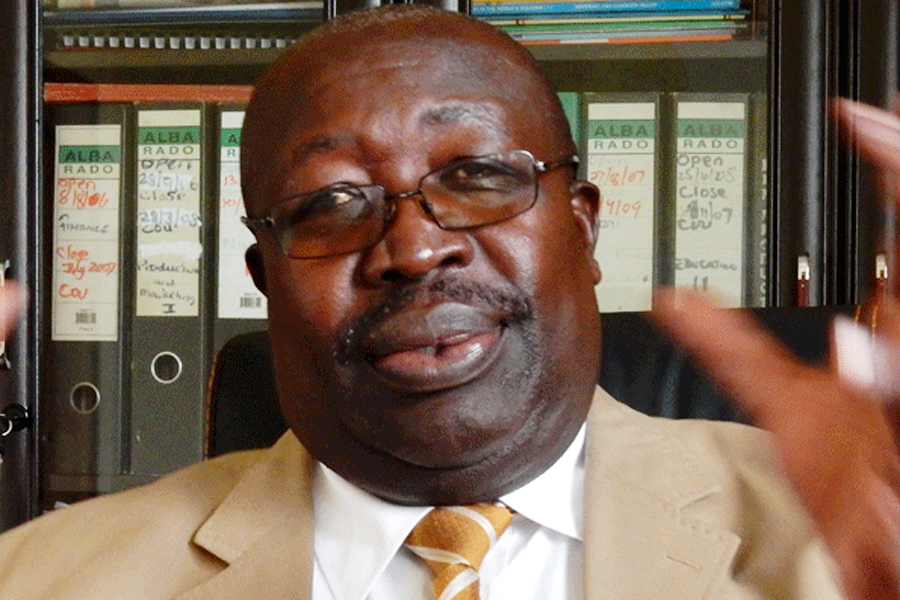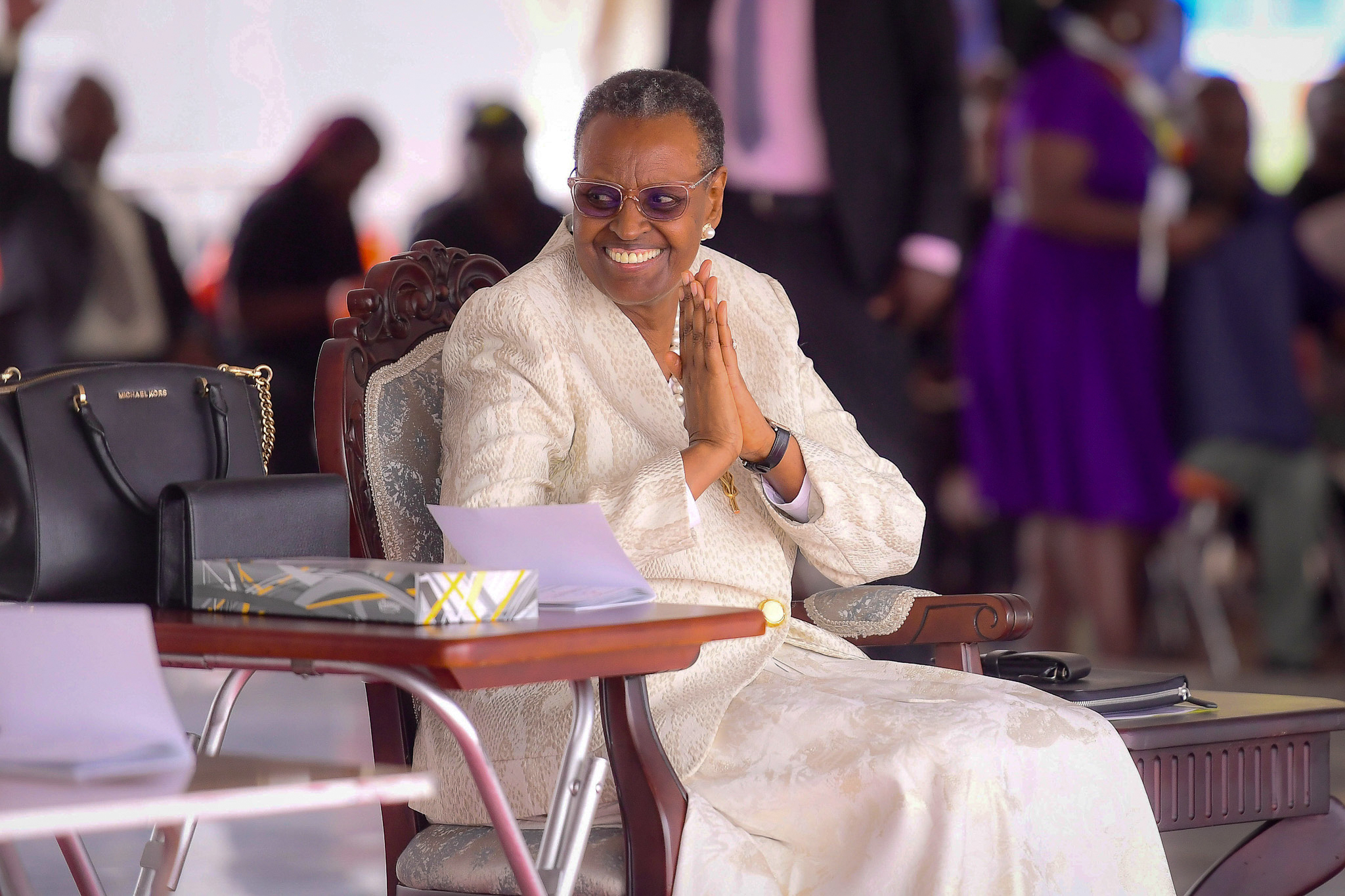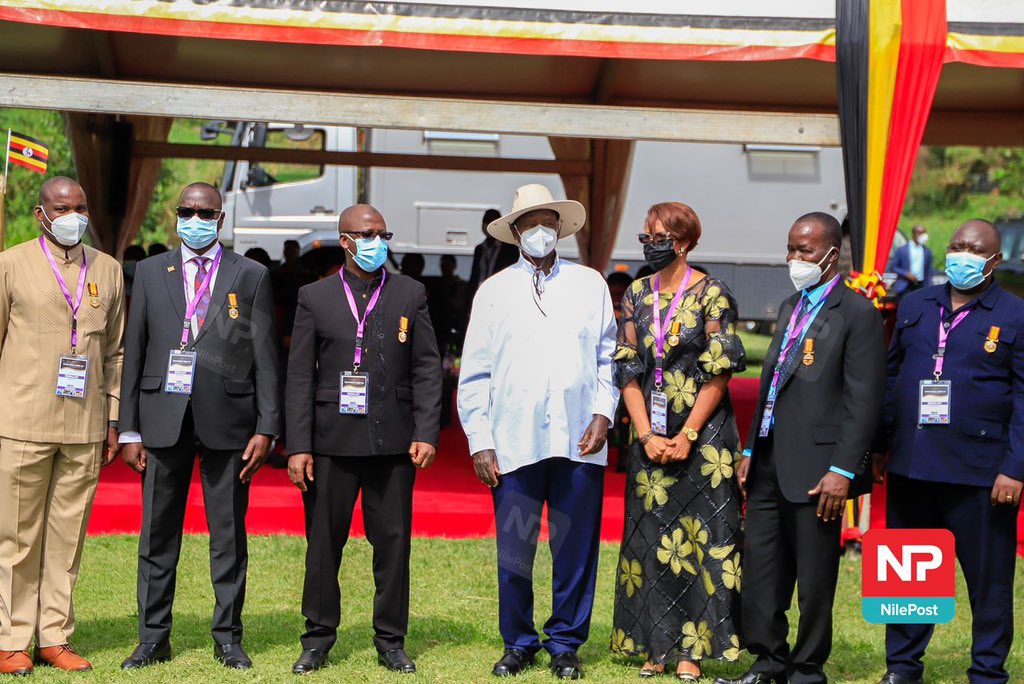UN's largest gender gathering to lay ground for fast-tracking equality priorities
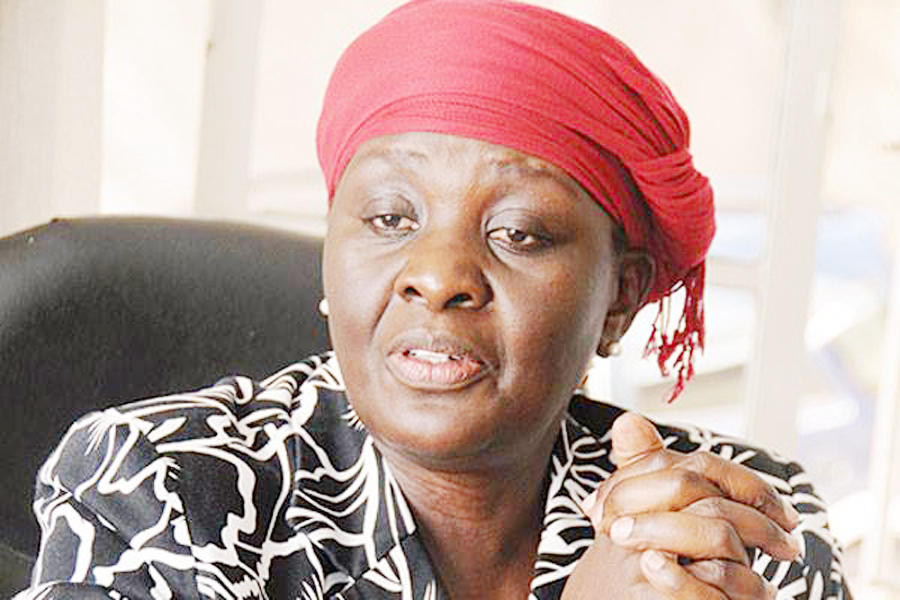
The 68th annual Commission on the Status of Women (CSW68), the United Nation's largest annual gathering on gender equality and women’s empowerment, is primed to strike commendable gender equality priorities as it climaxes in opened in New York City, US, next week.
The summit, which has been running since March 11 under the theme, “Accelerating the achievement of gender equality and the empowerment of all women and girls by addressing poverty and strengthening institutions and financing with a gender perspective", will wind up on March 22.
The session brings together government representatives, civil society organizations, and UN agencies to discuss critical issues and formulate action plans for advancing women's rights globally.
The theme highlights the persistent link between poverty and gender inequality with discussions focused on how economic hardship disproportionately affects women and girls, limiting their access to education, healthcare, and economic opportunities.
A UN report indicates that globally 10.3 percent of women live in extreme poverty today, and they are poorer than men and that progress towards ending poverty needs to be 26 times faster to achieve the Sustainable Development Goals by 2030.
Key emphasis also is on the need for policies that promote women's financial inclusion, empower them to participate in the workforce, and address issues like land ownership and inheritance rights.
CSW68 recognises the crucial role of institutions and financing mechanisms in achieving gender equality, discussing exploring ways to strengthen institutions to be more responsive to women's needs and ensure gender-responsive budgeting to allocate resources effectively towards programs that empower women and girls.
Key discussions rotate around expanding social protection programs that provide safety nets for vulnerable women and girls, particularly those living in poverty,
Promoting women's access to credit, markets, and skills training to enhance their economic, encouraging girls' education in Science, Technology, Engineering, and Mathematics (STEM) fields and addressing the gender gap in these sectors for future economic development and matters Climate Change and Gender recognizing the disproportionate impact of climate change on women and girls.
The CSW68 will thus culminate in the adoption of Agreed Conclusions, a document outlining key commitments and priorities for member states. The onus will then fall on member states to translate these commitments into concrete action plans.
Civil society organisations also play a critical role in holding governments accountable and monitoring progress towards achieving gender equality.
However, Despite the progress made, achieving gender equality remains a complex and ongoing struggle with continued efforts needed to address persisting issues like gender-based violence, discriminatory laws and social norms, and the ongoing impact of the COVID-19 pandemic on women's lives.
The CSW68 serves as a vital platform for international collaboration and renewed commitment to achieving gender equality.
The outcomes of this session will guide national and international action towards a future where all women and girls can reach their full potential and contribute meaningfully to society.
In attendance at the CSW68 on behalf of Uganda are various ministry of gender officials led by its principal Betty Amongi, Peace Mutuuzo of gender and culture, and permanent secretary Aggrey David Kibenge, among others.


